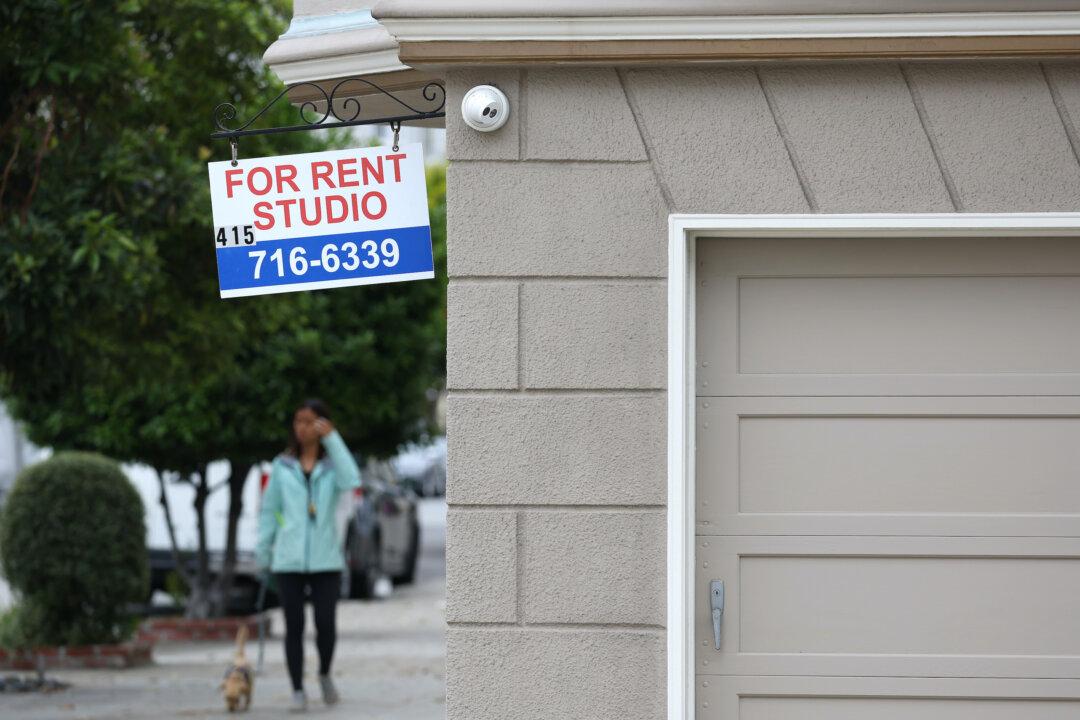California landlords can’t charge more than one month’s rent for security deposits on their rentals starting July 1, when a new law takes effect.
AB 12, authored by Assemblyman Matt Haney and signed by Gov. Gavin Newsom in November, reduces the state’s current security deposit limits of two months’ rent for unfurnished apartments and three months for furnished ones to now just one month’s rent in both cases.





